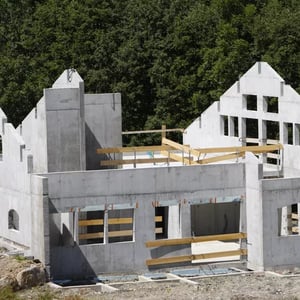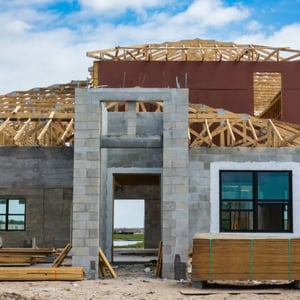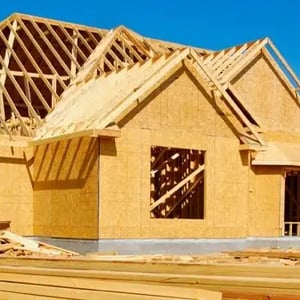Concrete, Block, or Wood - Which one and why?
Understanding the Choice Between Block, Concrete, and Wood in Residential Construction
Bronic Roberts
10/14/20231 min read
In the realm of residential construction, one of the fundamental decisions to make is the choice of materials for building your dream home. While there are various options, two prominent choices are block or concrete construction and wood framing. Each option comes with its unique advantages and considerations, and understanding the differences can significantly impact your home's durability, maintenance, and overall performance. Let's explore why some houses are built with block or concrete, while others rely on wood framing.
Block and Concrete Construction
Durability: Block or concrete construction is known for its remarkable durability. These materials are highly resistant to termites, moisture, and fire, making them particularly attractive in regions prone to these issues.
Energy Efficiency: The thermal mass of concrete can help regulate indoor temperatures, reducing the need for heating and cooling. This can lead to energy savings in the long run.
Low Maintenance: Concrete and block structures require minimal maintenance over the years, reducing long-term upkeep costs.
Wood Framing
Cost-Effective: Wood framing is generally more cost-effective than block or concrete, making it a preferred choice for many builders.
Design Flexibility: Wood allows for greater design flexibility and can easily accommodate various architectural styles.
Lightweight: Wood framing is lighter, which can simplify construction and reduce foundation requirements.
Ultimately, the choice between block or concrete and wood framing depends on your location and budget. Poured concrete will be the most expensive option, followed by block, then wood framing - for the most part- depending on the design. It's important to work with a qualified architect and builder who can help you make the right decision based on your location and individual circumstances. Both options have their merits, and your choice will impact your home's longevity, energy efficiency, and maintenance requirements. By understanding these differences, you can make an informed decision and create the home that suits your needs and aspirations perfectly.


